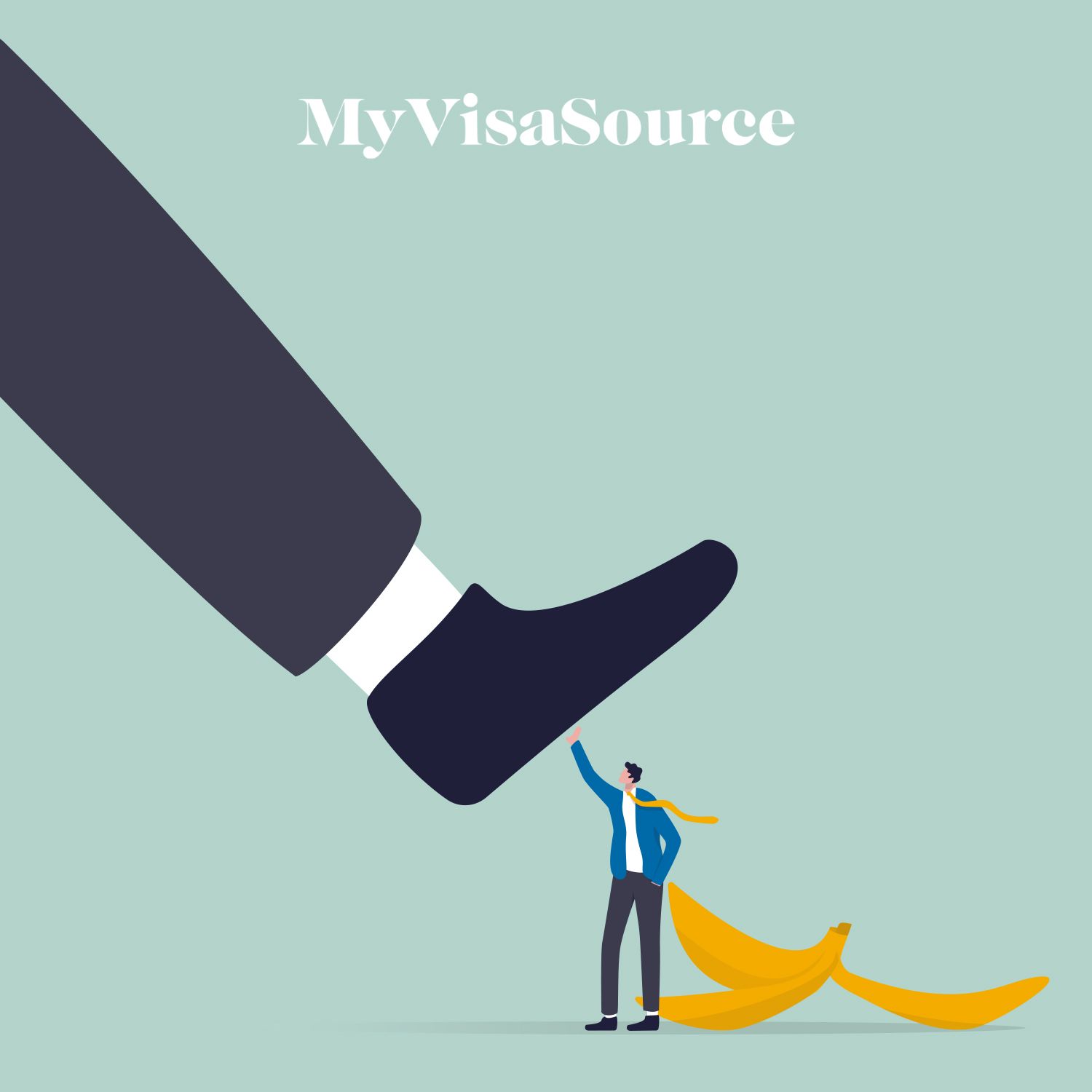While Canada has a straightforward and easy-to-understand immigration system, not all are successful in making a perfect application. Common mistakes can derail your application and set back your plans to immigrate to Canada. With over 80 immigration programs, the Immigration, Refugees, and Citizenship Canada (IRCC) receive millions of applications every year. Many don’t cut. However, looking out for some simple errors can ensure that your application is complete and successful.
Common Mistakes to Avoid When Applying for Canadian Immigration
Inconsistent Information:
For permanent and certain temporary residence visas, you are required to provide information regarding your personal, educational, and travel history. Any gaps or unexplainable inconsistencies can jeopardize your application. To avoid these, it is always best to mention even short-term vacations taken abroad in your travel history. Any period of unemployment, no matter how short must be explained in your personal history. Make sure that all the dates in your application align properly with supporting documents and reference letters.
Insufficient Language Scores:
Canadian immigration programs usually require you to demonstrate a certain level of language proficiency in your application. Certain test results are accepted as proof of language proficiency. However, you will be required to meet the minimum requirement on the Canadian Language Benchmarks (CLB) in all languages abilities, including speaking, listening, reading, and writing.
The International English Language Testing System (IELTS) is one of the approved language tests for the Federal Skilled Worker (FSW). Candidates for the FSW are required to have an IELTS score of at least level 7. Having an insufficient language score for your immigration program will get your application rejected. Therefore, always double-check the specific requirements of your immigration program to make sure that your language skills are up to mark.
Ineligible Dependents:
As a permanent residence applicant, you can include your spouse, common-law partner, and/or dependent children on your application. Many applicants make the mistake of adding their parents or siblings to their application as dependents. This slows down the processing of your application. Therefore, it is always best to ensure that you list eligible dependents on your application.


















